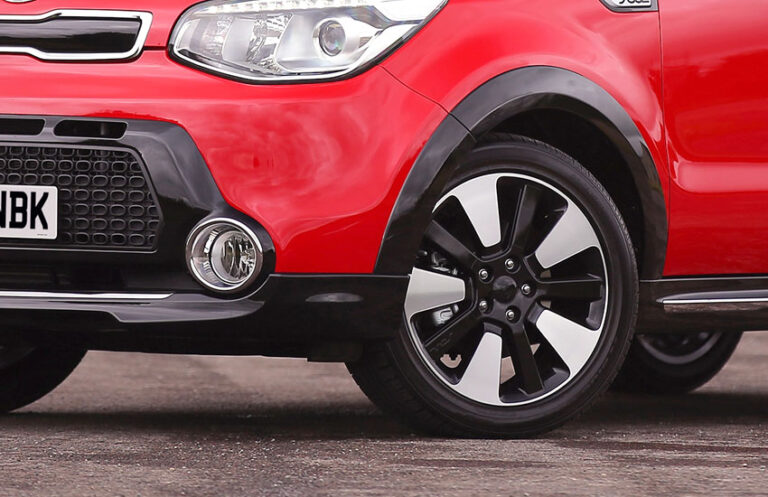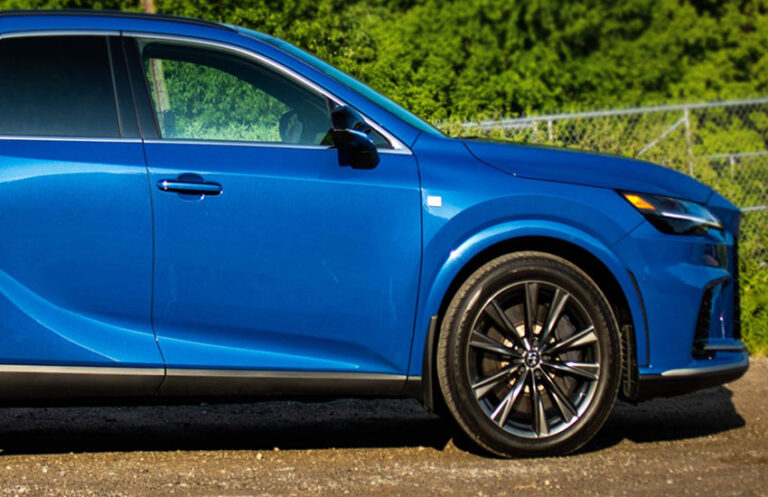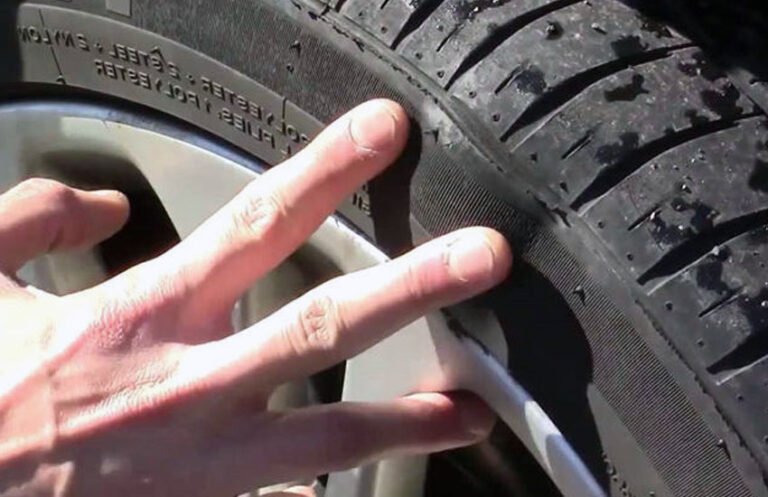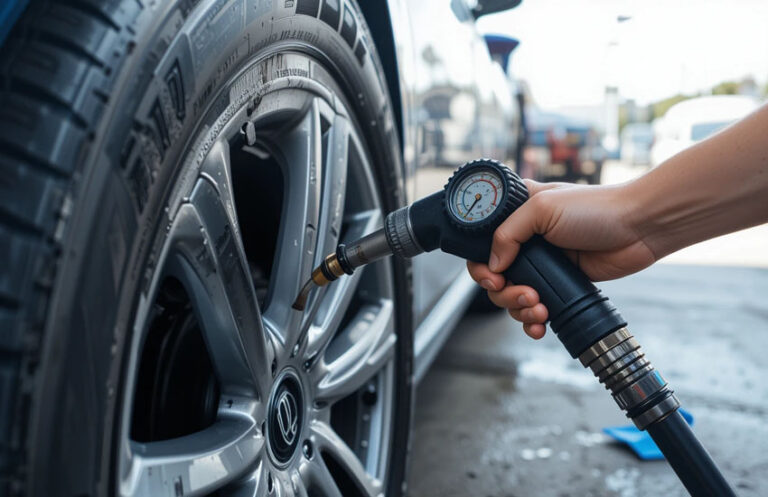As an Amazon Associate, I earn from qualifying purchases at no extra cost to you.
What is Wheel Hop and How to Address It? A Complete Guide
Have you ever heard a strange noise coming from your car when you put the pedal to the metal? It might sound like the tires are bouncing or hopping up and down, especially when you accelerate hard. If you’ve ever experienced this, chances are you’re dealing with a phenomenon known as wheel hop.
Don’t worry, you’re not alone! Many drivers encounter wheel hop, especially those with powerful vehicles or those who love hitting the gas hard. In this article, we’ll break down everything you need to know about wheel hop, why it happens, and most importantly, how to fix it. Let’s get to it!
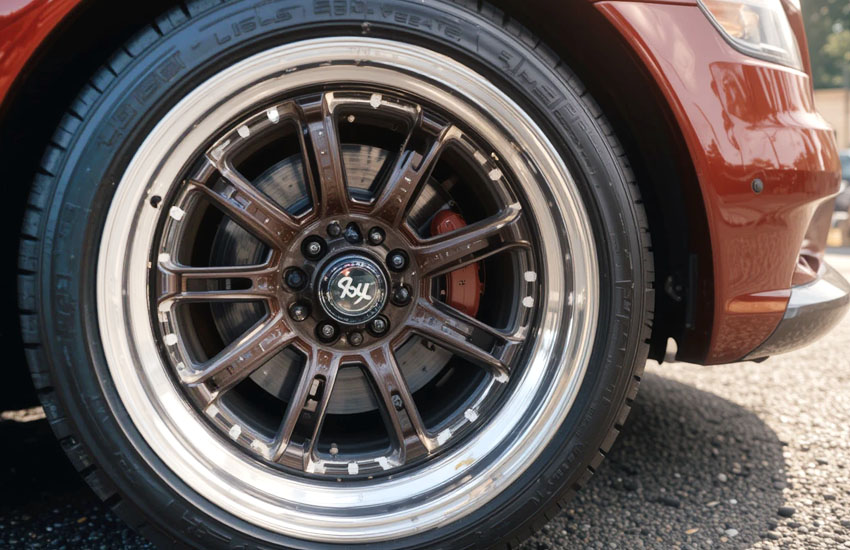
What is Wheel Hop? Understanding the Phenomenon
So, what exactly is wheel hop? Well, it’s not as fun as it sounds, unfortunately! Wheel hop occurs when the wheels of your car lose traction with the road and rapidly bounce up and down. It's like your car's tires are skipping a beat, causing a violent hopping motion. This happens mostly under hard acceleration, but can also occur when braking or cornering. It's a sign that your vehicle is struggling to keep the power to the ground, and it's definitely not something you want to experience during a race or even on a regular drive.
How Does Wheel Hop Happen?
Wheel hop happens when the tires of a car lose traction on the road surface and then rapidly regain it. This can happen for a number of reasons, including excessive power being sent to the wheels, poor suspension design, or even when the tires themselves are not properly suited to the conditions. When you stomp on the gas pedal, the power is supposed to be transferred smoothly to the wheels, but in certain situations, this transfer isn't smooth. The tires lose grip, hop off the ground, then slam back down with force, causing the bouncing effect.
This issue can happen on any vehicle, but it's more common in high-powered vehicles like muscle cars or sports cars. These cars produce a lot of torque, which can overwhelm the tires’ ability to grip the road, especially during fast starts. But wheel hop isn’t just a problem for racecars or street racers. Even everyday vehicles can experience wheel hop if their suspension system isn’t in great shape or if they’re pushing the car beyond what it’s designed for.
Why Does Wheel Hop Matter?
You might think that a little wheel hop isn't a big deal. After all, it's just some bouncing, right? Well, not quite! While it may seem harmless, wheel hop can cause serious damage to your car over time. The constant bouncing and slamming of the tires can stress the suspension components, wear out the tires unevenly, and even damage the drivetrain. If left unaddressed, wheel hop can lead to a host of mechanical issues and ultimately decrease your vehicle's lifespan.
But there's another important reason why you should pay attention to wheel hop. When your car's tires are hopping, they're not gripping the road properly. This means your car isn't handling as it should, which can be dangerous, especially during hard braking or sharp cornering. You could lose control of your vehicle, and that's something no one wants to deal with!
Common Causes of Wheel Hop in Different Vehicles
Now that we know what wheel hop is, let's talk about why it happens in the first place. There are a variety of reasons why wheel hop can occur, and they depend on factors like the type of vehicle you have, the way it's built, and how you drive it. Whether you're driving a sports car, a truck, or an everyday sedan, wheel hop can still be an issue. Let's break down the common causes of wheel hop in different vehicles.
Power and Torque Overload
One of the main culprits of wheel hop is excessive power being sent to the wheels. If your car is particularly powerful (think big engines, turbochargers, or performance modifications), it may produce more torque than the tires can handle. When you accelerate hard, all that power is transferred to the tires, but if the tires can't grip the road enough to manage that torque, they lose traction and start hopping.
This is especially common in rear-wheel-drive (RWD) vehicles, where the power is sent to the rear tires. The sudden torque on the back wheels can easily cause them to lose grip and bounce off the pavement. If your car is modified for racing or has a powerful engine, wheel hop may happen more frequently.
Poor Suspension Design
Another big factor that contributes to wheel hop is the design of the suspension system. Your car's suspension is responsible for keeping the wheels in contact with the road, ensuring a smooth ride, and maintaining traction. If your suspension is worn out, weak, or poorly designed, it can't keep the wheels properly aligned and pressed against the road when the power kicks in. This causes the tires to lose contact with the road and leads to wheel hop.
Suspension components like shocks, springs, and control arms work together to manage how the car moves. If any of these parts are in bad shape or aren't suited for the demands of performance driving, the suspension can't do its job properly. This is why you'll often see wheel hop in cars with cheap or old suspension systems, or vehicles that are not optimized for performance.
Excessive Tire Grip
Believe it or not, sometimes too much tire grip can also contribute to wheel hop. If the tires are gripping the road too aggressively, it can create a situation where the power from the engine doesn't get transferred smoothly to the road. When the tires can't slip enough to absorb the power, they're forced to either spin or lose traction. This causes the car to hop or bounce. In these cases, the tires might be too sticky for the amount of power the car is generating.
Incorrect Alignment and Balance
Another reason wheel hop might occur is improper alignment or balance of the vehicle. When the alignment is off, it can cause uneven tire wear and inconsistent contact with the road, making it easier for the tires to lose traction. Additionally, if your wheels aren't balanced properly, it can lead to shaking or bouncing under load. This can set the stage for wheel hop to happen, especially when accelerating or braking hard.
Road Conditions
Believe it or not, road conditions can also play a role in wheel hop. If the road surface is rough, uneven, or has lots of cracks and potholes, it can make it more difficult for your tires to maintain traction. When the road isn't smooth, your tires may struggle to keep consistent contact with the pavement, causing them to bounce and lose grip. For example, driving over a bumpy surface or accelerating on a slick road can trigger wheel hop.
How to Fix and Prevent Wheel Hop for a Smoother Ride
By now, you probably understand what causes wheel hop and why it's a problem. But the good news is that it's not something you have to live with! There are several ways to address wheel hop and prevent it from happening again in the future. Whether you have a performance car, a daily driver, or a truck, there are steps you can take to keep your ride smooth and prevent any annoying bounces. Let's dive into some of the most effective solutions.
Upgrade Your Suspension
One of the most effective ways to reduce or eliminate wheel hop is to upgrade your car's suspension. As we mentioned earlier, a worn or poorly designed suspension can't handle the stresses of hard acceleration, which is a major contributor to wheel hop. By installing a higher-performance suspension system, you can ensure that your tires stay firmly planted on the ground, even during intense acceleration.
Suspension upgrades typically include replacing your shocks, struts, and springs with higher-quality components. You can also consider adding anti-sway bars, upgraded control arms, and performance bushings. These upgrades will help improve your car's handling, reduce body roll, and prevent the bouncing effect caused by wheel hop.
Use Traction Bars or Anti-Hop Kits
If you're driving a rear-wheel-drive vehicle or a car with significant power, you might want to consider adding traction bars or anti-hop kits. These components are designed to limit the movement of the rear axle and prevent the tires from losing grip and hopping. Traction bars work by controlling the force that is applied to the rear suspension during acceleration, ensuring that the tires remain planted on the ground.
Anti-hop kits, on the other hand, are designed specifically to combat wheel hop. These kits typically include a combination of shocks, springs, and other suspension components that work together to limit the bouncing motion caused by wheel hop.
Choose the Right Tires
Another way to combat wheel hop is by choosing the right tires for your car. If you're running high-performance tires with too much grip for your vehicle, you might be setting yourself up for wheel hop. Conversely, tires that are too soft or worn out can also contribute to traction loss and wheel hop. Be sure to pick tires that are suited for the type of driving you do and the amount of power your vehicle produces.
Proper Wheel Alignment
Having your wheels properly aligned is another essential step in preventing wheel hop. Misalignment can cause uneven tire wear and poor traction, which can contribute to wheel hop. Make sure your vehicle is properly aligned by having a professional mechanic check and adjust the alignment when necessary. Proper alignment ensures that your tires make even contact with the road, improving grip and stability.
Maintain Your Drivetrain
Lastly, it’s important to take care of your drivetrain. If your drivetrain is weak or has components that are worn out, it can contribute to wheel hop by failing to transfer power smoothly to the wheels. Regularly inspect and maintain your drivetrain, including your differential, axles, and driveshaft. Ensuring that these parts are in good condition can go a long way in preventing wheel hop.
I hope this guide has helped you understand what wheel hop is, why it happens, and how you can fix it. With the right adjustments to your vehicle's suspension, tires, and drivetrain, you can put a stop to wheel hop and enjoy a smoother, safer ride!
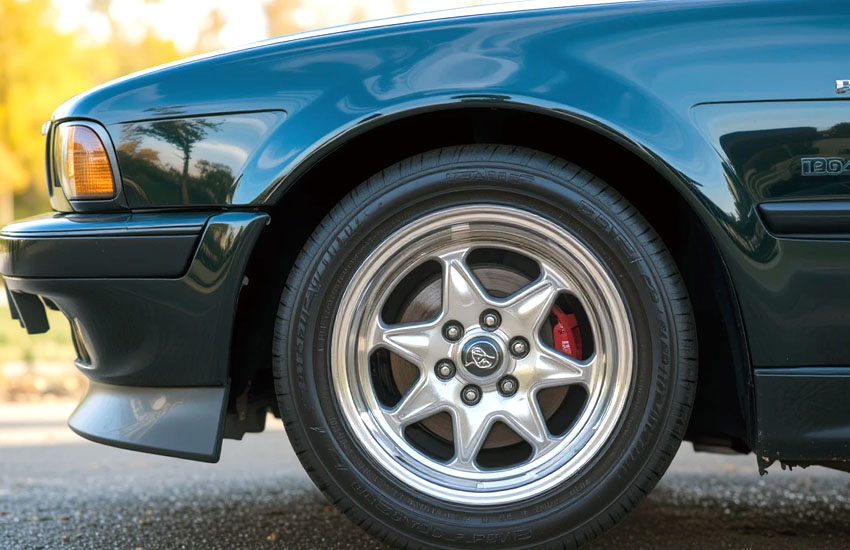
Frequently Asked Questions
Is it safe to drive with wheel hop?
Wheel hop can be dangerous as it may cause loss of control, especially during high-speed driving or emergency braking. It can also damage your car’s suspension and drivetrain, so it's best to fix it.
Can wheel hop affect braking performance?
Yes, when wheel hop occurs, your tires aren't maintaining full traction with the road, which can affect braking performance. You may find it harder to stop quickly or maintain control of the vehicle.
Do I need a professional to fix wheel hop?
While some minor issues may be fixable by a DIY enthusiast, addressing wheel hop often requires professional help. A mechanic can inspect your suspension, drivetrain, and tires to determine the root cause.
Is wheel hop more common in front-wheel-drive vehicles?
No, wheel hop is typically more common in rear-wheel-drive or all-wheel-drive vehicles that generate more torque to the rear or all four wheels. Front-wheel-drive cars experience less torque-induced wheel hop.
Can tire pressure affect wheel hop?
Yes, low tire pressure can cause tires to lose grip, leading to wheel hop. Always ensure your tires are inflated to the recommended pressure levels to reduce the risk of wheel hop.
Is it necessary to upgrade my suspension to prevent wheel hop?
While upgrading your suspension is an effective solution, it's not always necessary. If your car has a stock suspension that's in good condition, other fixes like proper tire selection and alignment may be enough.
Do off-road vehicles experience wheel hop?
Yes, off-road vehicles can experience wheel hop, especially when driving over rough terrain or when trying to accelerate quickly. The uneven surfaces and extra stress on the suspension can lead to wheel hop.
Can wheel hop be a sign of other problems?
Yes, wheel hop can indicate underlying issues like worn-out suspension components, poor drivetrain performance, or improperly balanced wheels. It's important to address the root cause to prevent further damage.



